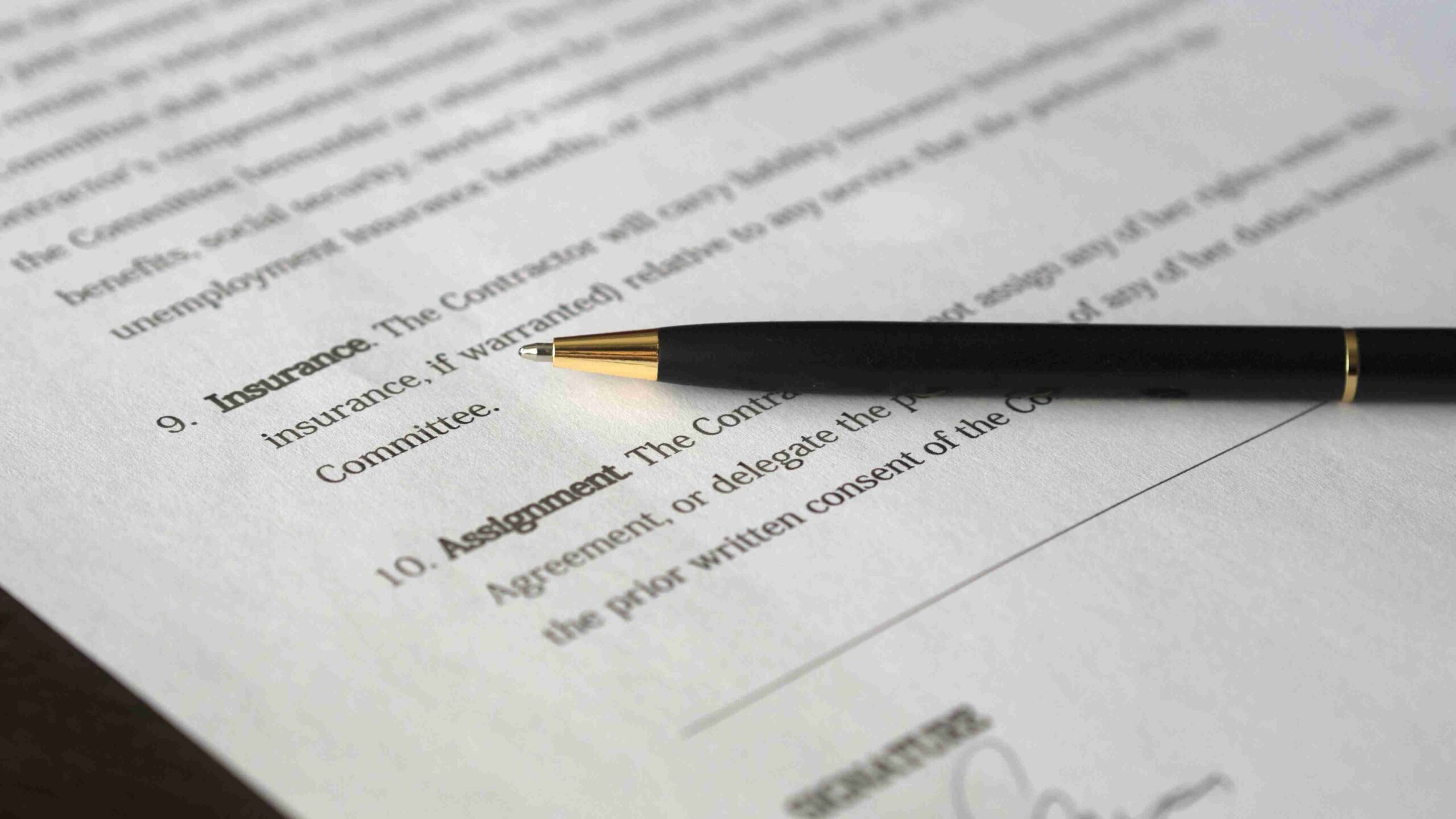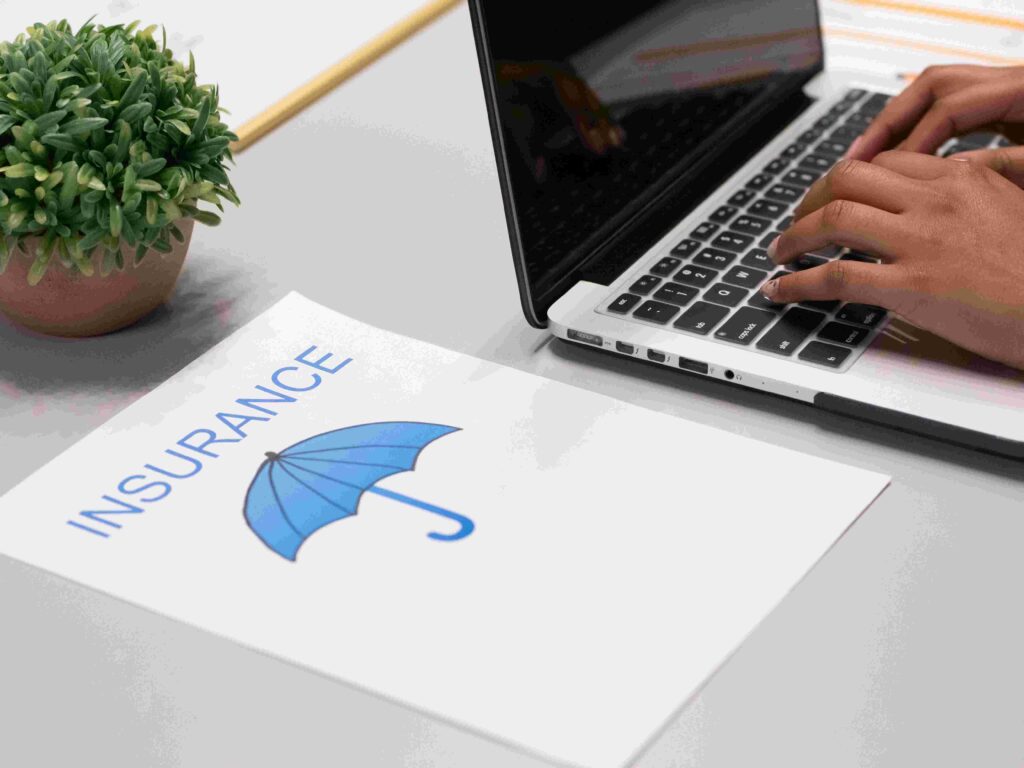Picture this: You’re cruising down the highway after a long shift, humming along to your favorite song, when out of nowhere, a truck swerves into your lane. Tires screech, metal crunches, and in seconds, your car’s a wreck. As you sit there, heart pounding, one thought cuts through the chaos: Thank goodness I’m insured.
That single realization can turn a nightmare into a manageable hiccup, and it’s exactly why insurance matters. It’s not just a piece of paper or a monthly bill; it’s your shield against the unpredictable, a way to keep your finances intact when life takes a wild turn.
In this guide, we’ll unpack how insurance protects you from financial loss, diving into what it is, how it works, and why it’s a game-changer for everyone, from young drivers to homeowners to parents planning for the future. We’ll look at real stories, break down the types of coverage that matter most, and show you how this safety net builds resilience. Whether it’s a fender bender, a hospital stay, or a storm that floods your basement, insurance can mean the difference between a rough day and financial ruin. Let’s dive in.
You should also read :“5 Easy Pay Lessons: Salary vs Wage, Net Wins Made Simple”
Understanding Insurance: Your Financial Backup Plan
At its core, insurance is a promise. You pay a small, regular amount, called a premium, to an insurance company, and in return, they’ve got your back when disaster strikes. It’s like hiring a bodyguard for your bank account. The idea is simple: Instead of facing a massive expense alone, you share the risk with the insurer, who steps in to cover the big stuff.
Take a car accident, for example. Without insurance, a $5,000 repair bill could drain your savings or force you to borrow money. With insurance, you might pay a $500 deductible, the amount you cover upfront, and the insurer handles the rest. That’s $4,500 you didn’t have to scrape together. It’s not about avoiding trouble; it’s about making sure trouble doesn’t sink you.
Interesting to know that according to census.gov, In 2023, most people, 92.0 percent or 305.2 million, had health insurance, either for some or all of the year.
This setup isn’t just for cars; it applies to your health, home, and even your paycheck. Insurance turns “what if” worries into “I’ve got this” confidence, giving you room to breathe when the unexpected hits.

How Insurance Shields You from Financial Disaster
Life’s full of surprises, and not all of them are good. A sudden illness, a house fire, or a lawsuit can rack up costs faster than you can blink. Insurance steps in to take the sting out of those moments. Here’s how it works across the board:
Car Trouble: Say you hit a patch of ice and slam into a guardrail. Auto insurance covers the repairs, any medical bills, and even legal fees if someone else gets hurt. Without it, you’re looking at thousands, or tens of thousands, out of pocket.
Health Scares: A trip to the ER for a broken arm could cost $2,500 without coverage. Health insurance might drop that to a $100 copay, saving you $2,400. For bigger stuff, like surgery, the savings climb into the tens of thousands.
Home Mishaps: A leaky roof turns into a flooded living room; repairs could hit $10,000. Homeowners insurance covers it, minus your deductible, so you’re not dipping into your retirement fund to fix the mess.
Income Gaps: If an injury keeps you off work for months, disability insurance replaces part of your salary. Losing $2,000 a month for six months is $12,000; insurance keeps that from becoming a crisis.
Think of Jamie, a graphic designer who rear-ended a delivery van. Her auto insurance covered $6,000 in damages and a $1,200 ER bill for the other driver’s whiplash. Out-of-pocket cost to her? Just $500. Without that policy, she’d have been scrambling to pay $7,500, money she didn’t have lying around.
You should know that saving your crypto at safer place is also a type of insurance , read here , how can you save you save your crypto with cold wallets
What Is a Cold Wallet ? Smash Hackers with the Epic Citadel of Fearless Crypto Power in 2025 – Your Thrill-Packed Guide to Seize Unstoppable Storage
The Big Players: Types of Insurance You Need to Know
Not every insurance policy is the same; they’re built to tackle specific risks. Here’s a rundown of the heavy hitters and how they keep your finances safe:
Auto Insurance: Covers your car and any trouble it gets into, crashes, theft, or hitting someone’s mailbox. It’s often mandatory, but even if it weren’t, it’s a no-brainer for anyone who drives.
Health Insurance: Pays for doctor visits, meds, and emergencies. A basic plan might cover 80% of a $10,000 surgery, leaving you with $2,000 instead of the full hit.
Homeowners or Renters Insurance: Protects your house or apartment stuff from fires, storms, or break-ins. It’s a lifesaver if you own property or rent a place with pricey gear.
Life Insurance: Gives your family a payout if you pass away. A $100,000 policy could cover debts or keep your kids fed and housed, peace of mind for pennies a day.
Disability Insurance: Replaces income if you’re sidelined by injury or illness. If you make $3,000 a month, a good policy might cover $2,000 of that while you recover.
Liability Insurance: Shields you from lawsuits. Spill coffee on a client’s $5,000 laptop? Liability coverage pays up, so you don’t have to.
Each type plugs a different hole in your financial boat. Mix and match based on your life; drive a lot? Get solid auto coverage. Got kids? Life insurance might be your move.

Real Stories: Insurance in Action
Let’s talk about Mark and Lisa, a couple from Ohio. Last year, a storm ripped through their town, and a tree crashed through their roof. Repairs and water damage tallied $15,000. Their homeowners insurance covered all but a $1,000 deductible, saving them $14,000. Without it, they’d have drained their emergency fund and still come up short.
Then there’s Priya, a barista in Seattle. She slipped on a wet floor at work, broke her ankle, and couldn’t clock in for two months. Her disability insurance kicked in, paying 60% of her $2,500 monthly income, $1,500 a month she wouldn’t have had otherwise. That cash kept her rent paid and fridge stocked while she healed.
These aren’t edge cases; they’re everyday examples of insurance doing its job. It’s not glamorous, but it’s a quiet hero when you need it most.
Building Resilience: Why Insurance Matters Long-Term
Financial resilience isn’t about being rich; it’s about being ready. Insurance is a cornerstone of that readiness, teaming up with savings to keep you steady. Picture losing your job right as your car breaks down. An emergency fund might cover a month’s rent, but auto insurance handles the $3,000 engine repair, so you’re not choosing between a roof over your head and wheels to find work.
The stats back this up: A 2023 report showed over half of U.S. bankruptcies tie back to medical bills, most from folks without health insurance. Compare that to someone with coverage: A $20,000 hospital stay might cost them $1,500 after insurance. That’s the gap between starting over and staying afloat.
Insurance doesn’t just fix problems; it prevents them from spiraling. It’s like a dam holding back a flood of debt, giving you time to recover instead of drown.
Does Insurance Really Prevent Financial Ruin?
Short answer: Yes, if you use it right. It won’t stop your basement from flooding, but it’ll pay to pump it out and replace your ruined couch. It won’t cure a broken leg, but it’ll cover the X-rays and crutches so you’re not hobbling and broke.
Take Carlos, a delivery driver. A hit-and-run left his van totaled, $12,000 gone. His auto insurance replaced it for a $750 deductible, saving him $11,250. Without that, he’d have lost his job, too; no van, no deliveries. Insurance didn’t just save his money; it saved his livelihood.
The catch? You’ve got to know your policy. Coverage limits cap what insurers pay, and exclusions, like skipping flood damage on a standard homeowners plan, can trip you up. Read the details, and you’re golden.

Picking the Right Insurance: A Practical Guide
Choosing insurance feels like picking a movie on a streaming app, too many options, not enough time. But it’s simpler than it looks. Here’s how to nail it:
- Know Your Risks: Drive a beat-up sedan? Basic auto coverage might do. Live in a tornado zone? Beef up your homeowners policy.
- Set a Budget: Premiums range from $10 a month for renters insurance to $100+ for full car coverage. Shop around; quotes vary.
- Check the Fine Print: What’s the deductible? Are floods covered? Does it include roadside help? Ask the dumb questions; they’re the smart ones.
- Start Small: New to this? Grab renters or basic health insurance. Build from there as life changes.
Take Ellie, a 24-year-old freelancer. She snagged renters insurance for $12 a month. When her laptop got swiped, $1,500 down the drain, her policy replaced it for a $100 deductible. That’s $1,400 saved for less than 50 cents a day.
Busting Insurance Myths
Let’s tackle some nonsense you might’ve heard:
“I’m too young for insurance.” Nope. A 20-something can rack up a $3,000 ER bill as fast as anyone. Age doesn’t dodge emergencies.
“It’s a waste of money.” Tell that to Mark and Lisa, who’d be $14,000 poorer without it. It’s only “wasted” if you never need it, and that’s a win.
“Insurers never pay out.” Good ones do, billions yearly. Stick to companies with solid reviews, and you’re fine.
The real waste? Skipping coverage and praying luck holds. That’s a bet most lose eventually.

Beyond the Basics: Extra Protection Worth Considering
Ready to level up? Here are some add-ons that pack a punch:
Umbrella Insurance: Boosts liability coverage beyond standard limits. Spill wine on a $10,000 rug at a party? It’s got you.
Pet Insurance: Covers vet bills if your dog eats a sock. A $2,000 surgery might cost you $200 instead.
Travel Insurance: Saves you if a trip goes south, lost bags, canceled flights, or a sprained ankle abroad.
These aren’t must-haves, but they’re clutch if your life’s got extra layers, like pets or wanderlust.
The Bottom Line: Insurance Is Your Quiet Ally
In a world that loves throwing curveballs, insurance is your steady hand. It doesn’t stop the pitch; it just makes sure you don’t strike out. From covering a $5,000 car crash to footing a $20,000 hospital bill, it keeps financial loss from turning into financial chaos. It’s not sexy, but it’s solid, a buffer that lets you live without constant “what if” dread.
So, what’s your move? Grab a coffee, pull up a quote online, and see what fits. It’s not about spending more; it’s about losing less when life gets messy. Because when that truck swerves or that storm rolls in, you’ll be glad you’ve got a safety net ready to catch you.


